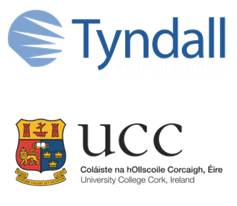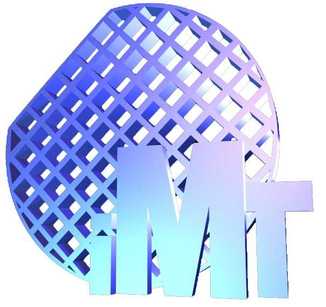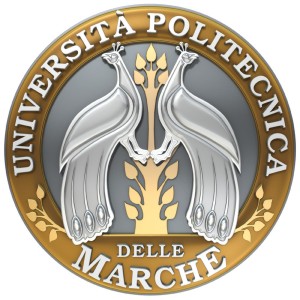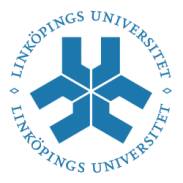Tyndall-UCC (Tyndall), Ireland
The department of Tyndall National Institute (Tyndall-UCC), University College Cork, National University of Ireland, Cork was created in 2004 at the initiative of the Department of Enterprise Trade and Employment and University College Cork to bring together complementary activities in photonics, electronics and networking research at the National Microelectronics Research Centre (NMRC), several UCC academic departments and Cork Institute of Technology (CIT). The strengths of Tyndall National Institute at the present time lie in the area of photonics, electronics, materials, and nanotechnologies, as well as their applications for life sciences, communications, power electronics and other industries. Research programmes range from theoretical modelling and design to novel materials; nanotechnology; device processing and fabrication; packaging and integration; and novel systems incorporating these new devices.
Role in NANO-RF:
Electrical, optical and microstructural characterisation; ALD growth of high-k metal oxides
Laboratory resources:
Tyndall-UCC has fully equipped III-V and CMOS clean room facilities that include an e-beam lithography equipment (worth together around 40 million Euros) and have optical (MicroRaman, FTIR, Spectroscopic Ellipsometry) and microstructural (HR TEM, HR SEM and XRD) characterisation facilities. Tyndall has a dedicated laboratory for electrical characterisation of materials and devices completed in 2009. Two Cascade Summit series probe station are available for on-wafer probing of device structures. One probe station is configured for RF measurements (Cascade Infinity Probes). An Agilent E8361C PNA Network Analyzer, 10 MHz to 67 GHz is available for characterization of high frequency device performance. A cryogenic probe station incorporating a liquid helium flow cryostat system and four independent probe manipulators allows dielevel probing and electrical characterisation of devices at temperatures from 400 K (127°C) to 4.2 K (-269 °C) with temperature control of < 0.1 K.
Key personnel:
Dr. Mircea Modreanu. His expertise consists of a wide range of optical spectroscopy techniques and thin film technology development for the microelectronics and photonic application. His current research interest is in novel material for nanoelectronics and CMOS Photonics. He was previous Project Coordinator of FP5 Strep “Modulation and anisotropic reflectance spectroscopies” (MARS, Project N° : GRD-1999-10535), initiated, participated as researcher and wrote the annual reports of the FP6 FET OPEN STREP “Novel and Advanced Transparent Conductive Oxides” (NATCO- IST-511925) and was SubProject leader in FP6 IP Nano-structured polymer deposition processes for mass production of innovative systems for energy production & control and for smart devices (NAPOLYDE FP6-515846-2). He has also involved as researcher in five other FP5 and FP6 projects. He was Principal Investigator or Co-Investigator in several Irish funded research grants. He was previous the project coordinator of a EU funded project in the area of optical metrology, MARS (FP5, GRD- 1999-10535) and of several Irish funded research projects. He was involved in several EU funded projects as WP leaders (most recent are FP 6 IST FET OPEN NATCO- IST-511925 and FP6 IP Project Napolyde – FP6-515846-2). Mircea was the Chair and Co-Organizer of three Optical and X-ray Metrology related Symposia at E’MRS 2003, E’MRS 2005 and E’MRS 2007 and will organise a new Optical and X-ray Metrology related Symposium at E’MRS 2012. In addition to his research activities, he has published more than 80 technical papers in international conferences and journals.
Dr. Paul K. Hurley received his Ph.D. (1990) and B.Eng. (1985, 1st class honors) in Electronic Engineering at the University of Liverpool. Paul is a currently Senior Research Scientist at the Tyndall National Institute, University College Cork. Paul leads a research team of ten PhD students, post-doctoral researchers, visiting students and Tyndall Research staff who perform basic research on high dielectric constant (high-k) thin films for applications in nanoelectronics, where the current research work is focused on the use of high-k in conjunction with III-V semiconductor materials for future logic devices. Paul is a member of the Technical Committee of the Insulating Films on Semiconductors (INFOS) conference and the International Workshop on Dielectrics in Microelectronics (WoDiM). In addition to research activities, he is a part time lecturer in the Department of Electrical Engineering at University College Cork. He has published over eighty papers in the field of micro and nanoelectronics, and has given over 20 invited presentations and seminars in the high-k area from 2006 to 2010.





